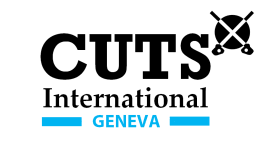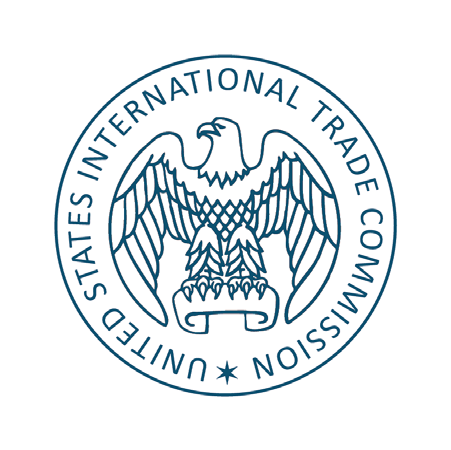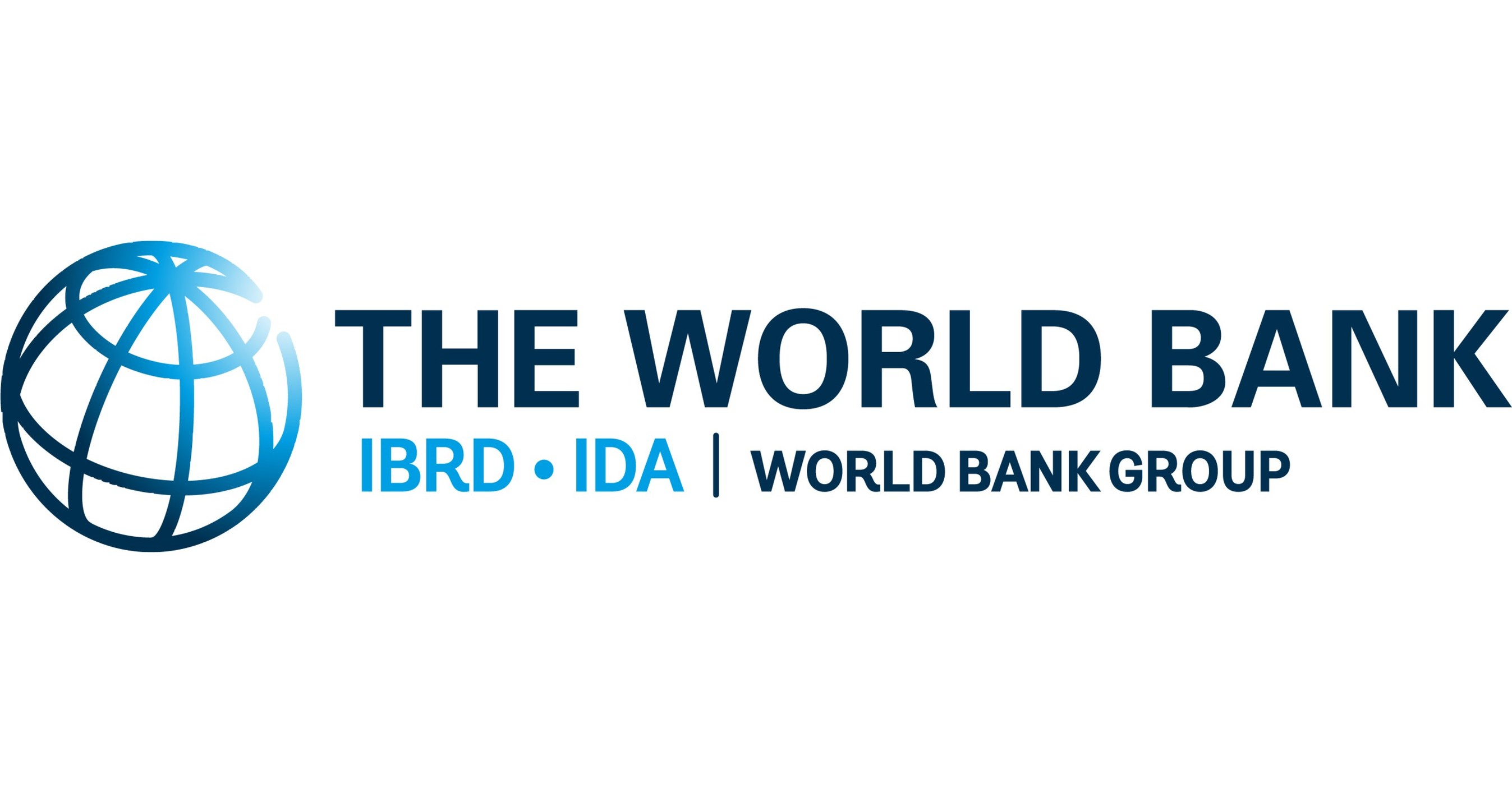Trade growth to slow sharply in 2023 as global economy faces strong headwinds

World trade is expected to lose momentum in the second half of 2022 and remain subdued in 2023 as multiple shocks weigh on the global economy. WTO economists now predict global merchandise trade volumes will grow by 3.5% in 2022—slightly better than the 3.0% forecast in April. For 2023, however, they foresee a 1.0% increase—down sharply from the previous estimate of 3.4%.
Applying a gender lens to AfCFTA Protocol on Women

Report of a session organised by United Nations Economic Commission for Africa (UNECA), African Continental Free Trade Area Secretariat (AfCFTA Secretariat) on September 28, 2022, as part of the WTO Public Forum 2022: Towards a sustainable and inclusive recovery.
This session discussed the approach to the AfCFTA protocol on women. It assessed the effectiveness of relevant provisions in existing trade agreements, and identified possible gaps in the lead up to the adoption of the protocol to support Africa’s sustainable and inclusive recovery. Given women’s predominance as entrepreneurs and traders, the expected benefits of increased intra-African trade pursued by the AfCFTA will only be possible with women’s full participation. The landmark decision to include an AfCFTA Protocol on Women and Youth in Trade presents an opportunity to further apply a gender lens, in line with existing approaches to gender mainstreaming in the AfCFTA to ensure gains are widely distributed.
MSMEs: Realising Sustainable Gains Under the AfCFTA

Report of a session organised by International Trade Centre (ITC), United Nations Economic Commission for Africa (UNECA) on September 27, 2022, as part of the WTO Public Forum 2022: Towards a sustainable and inclusive recovery.
This session debated how African policymakers can set the rules of the game to ensure that implementation of the AfCFTA furthers sustainability goals and economic opportunities for businesses. To ensure sustainable gains from the AfCFTA, complementary interventions will be required to support Africa’s MSMEs to compete in a new green world. Among other issues, speakers discussed ways to incentivise firms and entrepreneurs to incorporate green production methods and adopt new green technologies.
African Growth and Opportunity Act: Program usage, trends, and sectoral highlights

The African Growth and Opportunity Act (AGOA) is a preferential trade program that gives countries in sub-Saharan Africa preferential access to U.S. markets, allowing them to export products tariff-free.[1] AGOA was created with the aim of increasing trade activity between the United States and sub-Saharan African countries and with a broader goal of fostering economic and political development in Africa.[2] To date, AGOA has greatly increased total exports to the United States, but data on utilization rates has caused some to question why certain countries are able to capitalize on AGOA more than others. Despite some successes, the continued dominance of oil and apparel exports along with the decline in AGOA exports after their peak in 2008 has lowered confidence among some leaders and experts in AGOA’s ability to deliver on its promises.
Africa’s Energy Transition

Africa’s energy transition is causing enormous debate. In the run-up to Africa’s COP in Egypt in November, many are counterposing the adjustments required to mitigate the disastrous impacts of climate change to the escalating development needs of the continent. Fossil fuels, in particular, are in the limelight; whether Africa should or should not exploit its prodigious reserves of oil and gas. In this edition of IC Insights the contributors, including Chair of IC Intelligence Lord Peter Hain and experts from the International Institute for Sustainable Development and Clean Energy 4 Africa, weigh in from a political, economic, technological and infrastructural perspective.
Aid for Trade at a Glance 2022: Empowering Connected, Sustainable Trade

This report analyses the evolution of Aid for Trade flows in a context marked by crises of unprecedented magnitude, with significant impacts on trade and investment. Under the theme “Empowering Connected, Sustainable Trade”, it shows that Aid for Trade was an important tool in the fight against the COVID-19 pandemic, and can help address emerging challenges, such as the environmental and digital transitions while ensuring that no one is left behind.
Recent data indicate that a shift is under way to put sustainability, including green transition and women’s empowerment, at the heart of Aid for Trade, and point to its potential to support an inclusive and sustainable recovery.
The State of Food Security and Nutrition in the World 2022

This year’s report should dispel any lingering doubts that the world is moving backwards in its efforts to end hunger, food insecurity and malnutrition in all its forms. We are now only eight years away from 2030, but the distance to reach many of the SDG 2 targets is growing wider each year. There are indeed efforts to make progress towards SDG 2, yet they are proving insufficient in the face of a more challenging and uncertain context. The intensification of the major drivers behind recent food insecurity and malnutrition trends (i.e. conflict, climate extremes and economic shocks) combined with the high cost of nutritious foods and growing inequalities will continue to challenge food security and nutrition. This will be the case until agrifood systems are transformed, become more resilient and are delivering lower cost nutritious foods and affordable healthy diets for all, sustainably and inclusively.
Annual Report 2021-2022

This Annual Report reviews the main impacts of CUTS International Geneva's work between April 2021 and March 2022. Despite trying times marked by the continuing COVID 19 global pandemic, CUTS not only held its own but delivered notable impacts for beneficiary developing partners across its four thematic areas: Trading System; Economic Policy; Environment and Climate Change; and Food and Agriculture.
Cabo Verde's Potential Digital Dividends - Economic Update 2022

STORY HIGHLIGHTS
- The second Cabo Verde Economic Update focuses on the importance of returning to fiscal sustainability and, within that framework, the role that Information and Communication Technologies can play in strengthening the foundations for an inclusive and sustainable economic recovery.
- An efficient vaccination campaign against COVID-19 was critical to economic recovery in 2021, coupled with the fact that the country was able to slightly reduce poverty, both in urban centers and rural areas. The COVID-19 pandemic reversed gains in fiscal consolidation and public debt reduction. It is critical to recreate the conditions for an inclusive and sustainable recovery, through private investment, and to ensure a return to fiscal sustainability, so that the public debt-to-GDP ratio returns to a downward trend.
- Cabo Verde has been consistently investing in the country's digital development, with important projects, especially in digital infrastructure. To boost the national digital transformation and thereby support sustainable and inclusive long-term growth, it will be necessary to continue strategic investments in strengthening Cabo Verde's digital economy, leveraging the country's dividends in that sector.
FORMATION, ACCOMPAGNEMENT ET INSERTION DANS LE DOMAINE PORTUAIRE (FAIDOP)

Afin de répondre à un besoin croissant de développement et de structuration du secteur portuaire mauritanien, le projet FAIDOP a pour objectif de former des jeunes, des femmes et des migrants de retour à des métiers liés au secteur portuaire. Le projet facilitera aussi l'insertion de ces bénéficiaires dans un secteur à forte demande de main d'œuvre-qualifiée et il constituera un premier pas important vers la formalisation de la formation aux métiers portuaires en Mauritanie.
Il est mis en œuvre par la Chambre de Commerce et d'Industrie Métropolitaine Aix Marseille Provence et la Chambre de Commerce, d'Agriculture et d'Industrie de Mauritanie.




